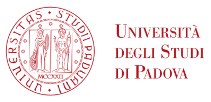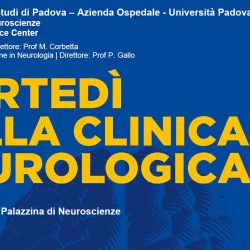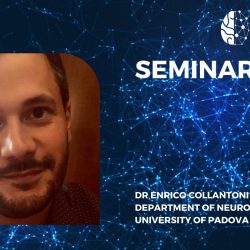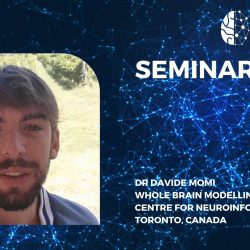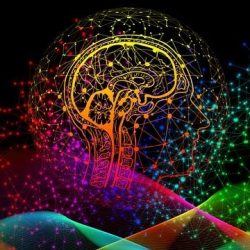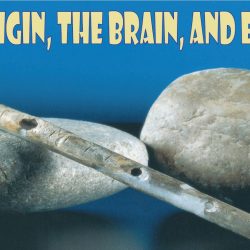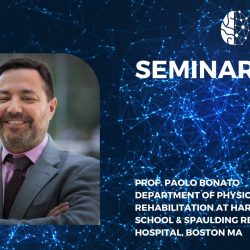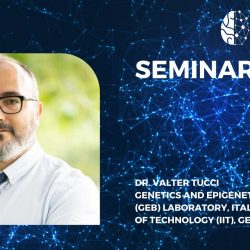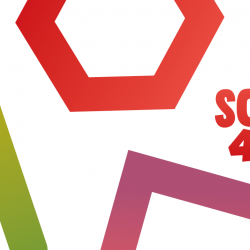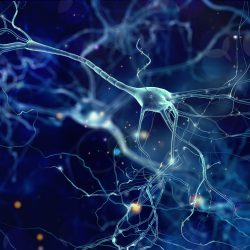Intelligenza Artificiale (IA), Etica e Cybersecurity: un sistema di IA può essere etico e sicuro?
Relatori: Massimo Cacciari, Professore Emerito di Filosofia all’Università San Raffaele di Milano; Maurizio Corbetta, Professore Ordinario di Neurologia al Dipartimento di Neuroscience dell’Università di Padova e Direttore della Clinica Neurologica; Mauro Conti, Professore di Informatica al Dipartimento di Matematica dell’Università di Padova e Coordinatore locale del Laboratorio Nazionale di cybersecurity
Quando: 16 gennaio 2024 dalle ore 17:30
Dove: Aula Magna della Clinica Neurologica
Informazioni utili: Un dialogo tra filosofia, neuroscienze e matematica con Massimo Cacciari, Maurizio Corbetta e Mauro Conti. Qual è l’impatto dell’AI, non soltanto nella sanità? Come si governa l’intreccio fra umanità e macchine? Dov’è il confine fra etica, sicurezza e “liberazione dal lavoro”?

